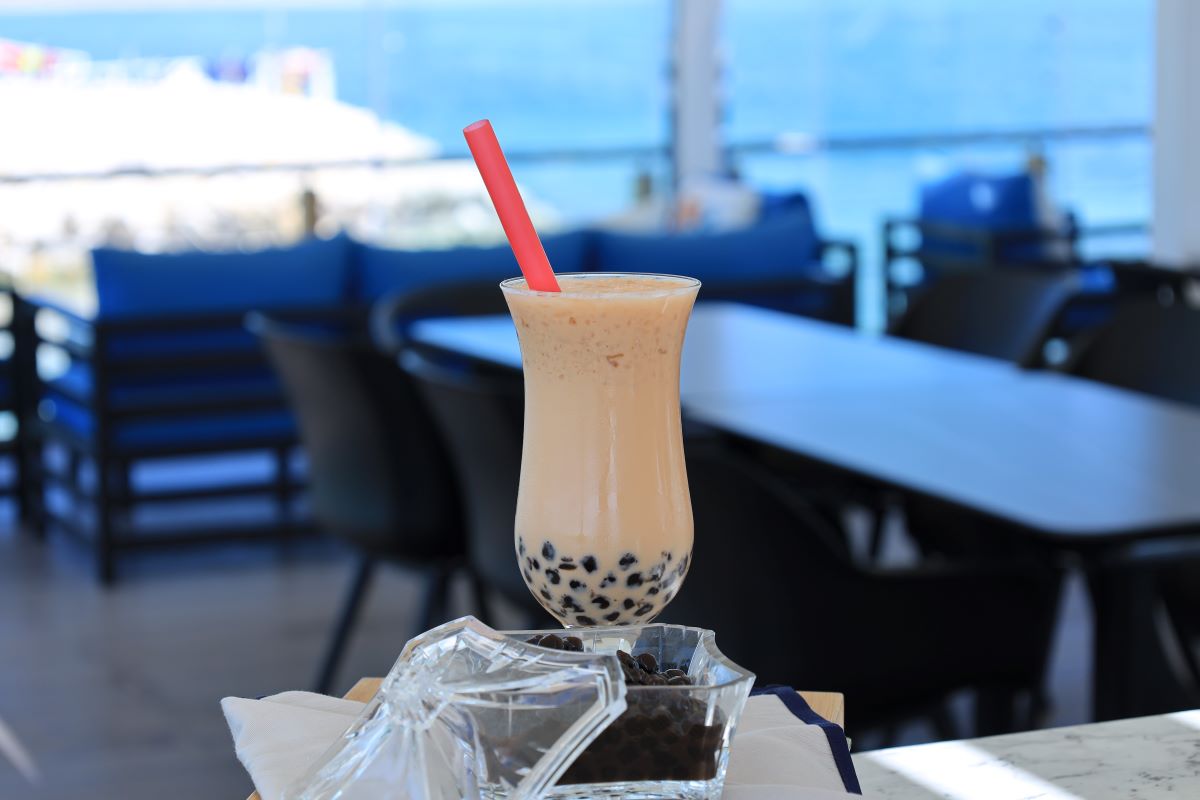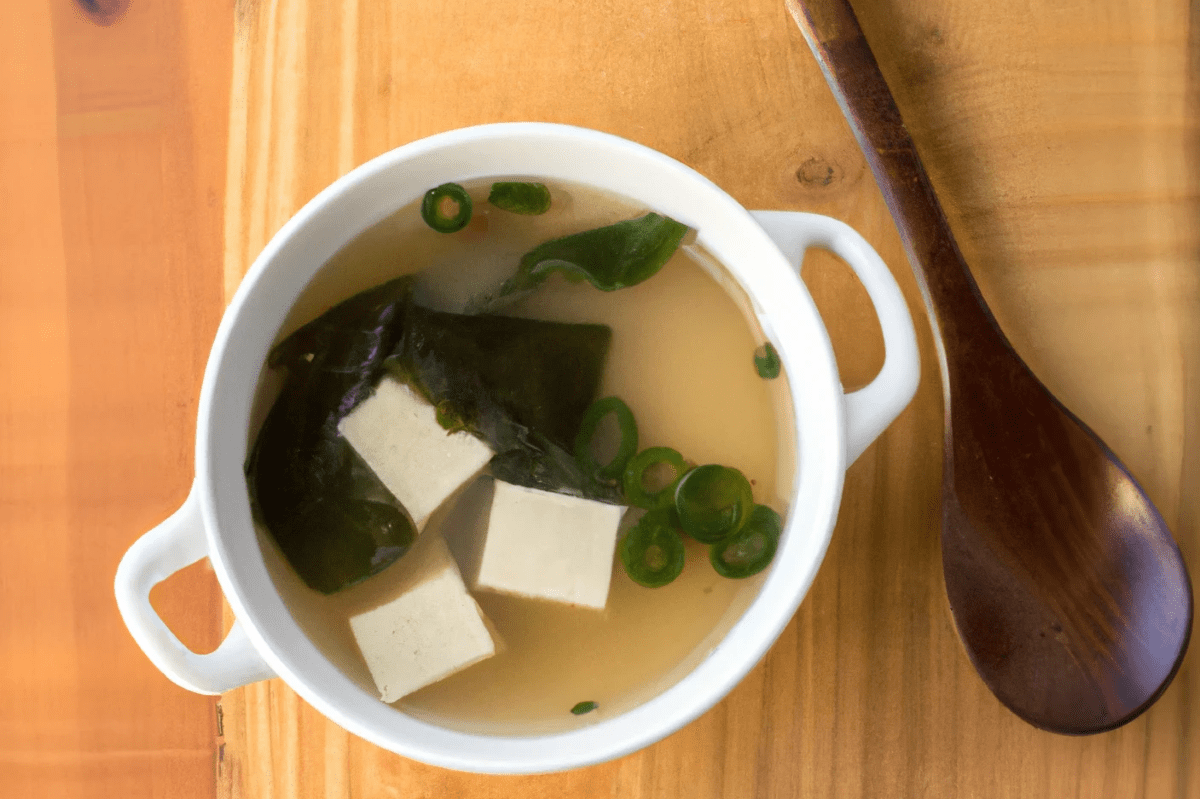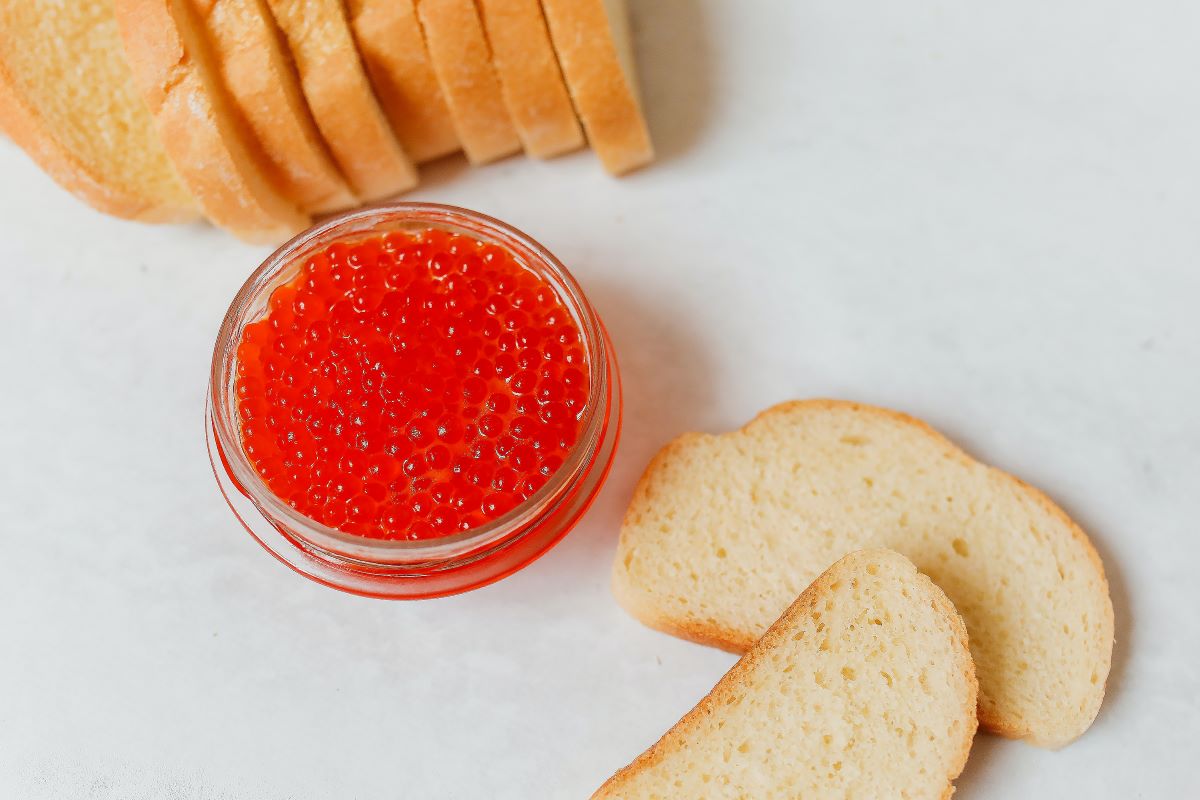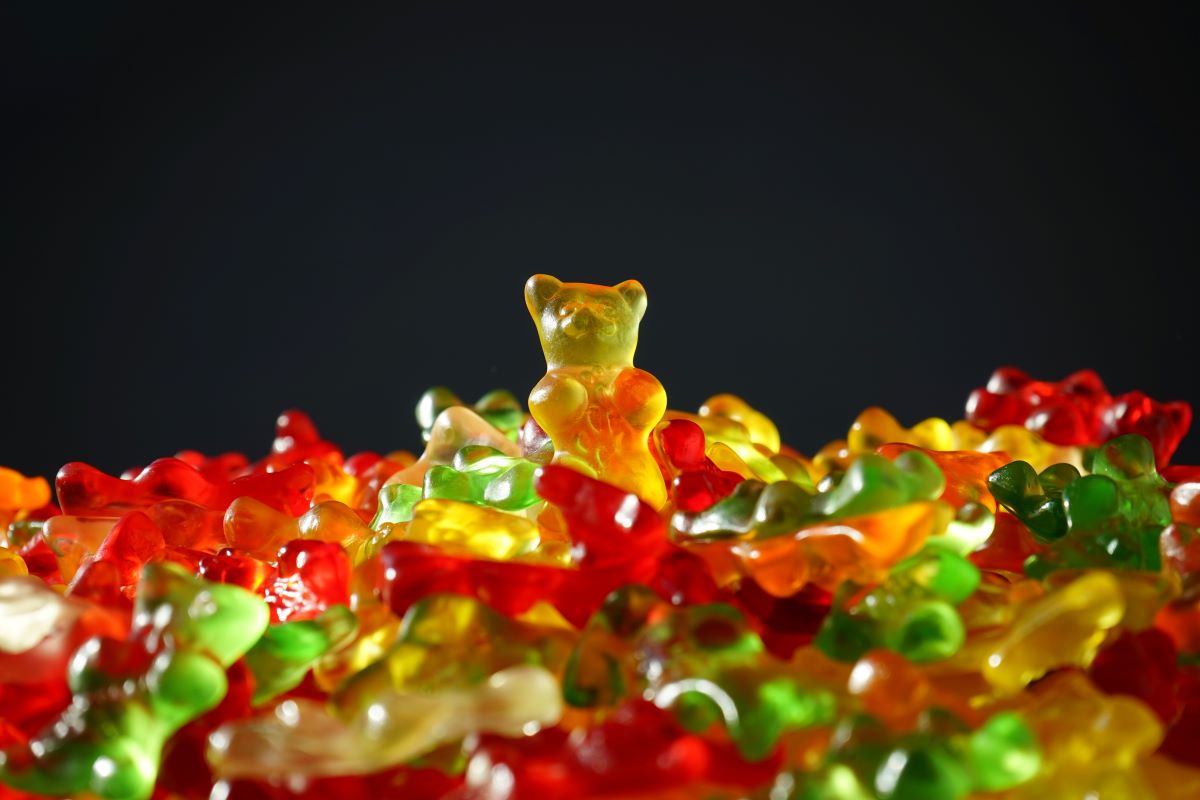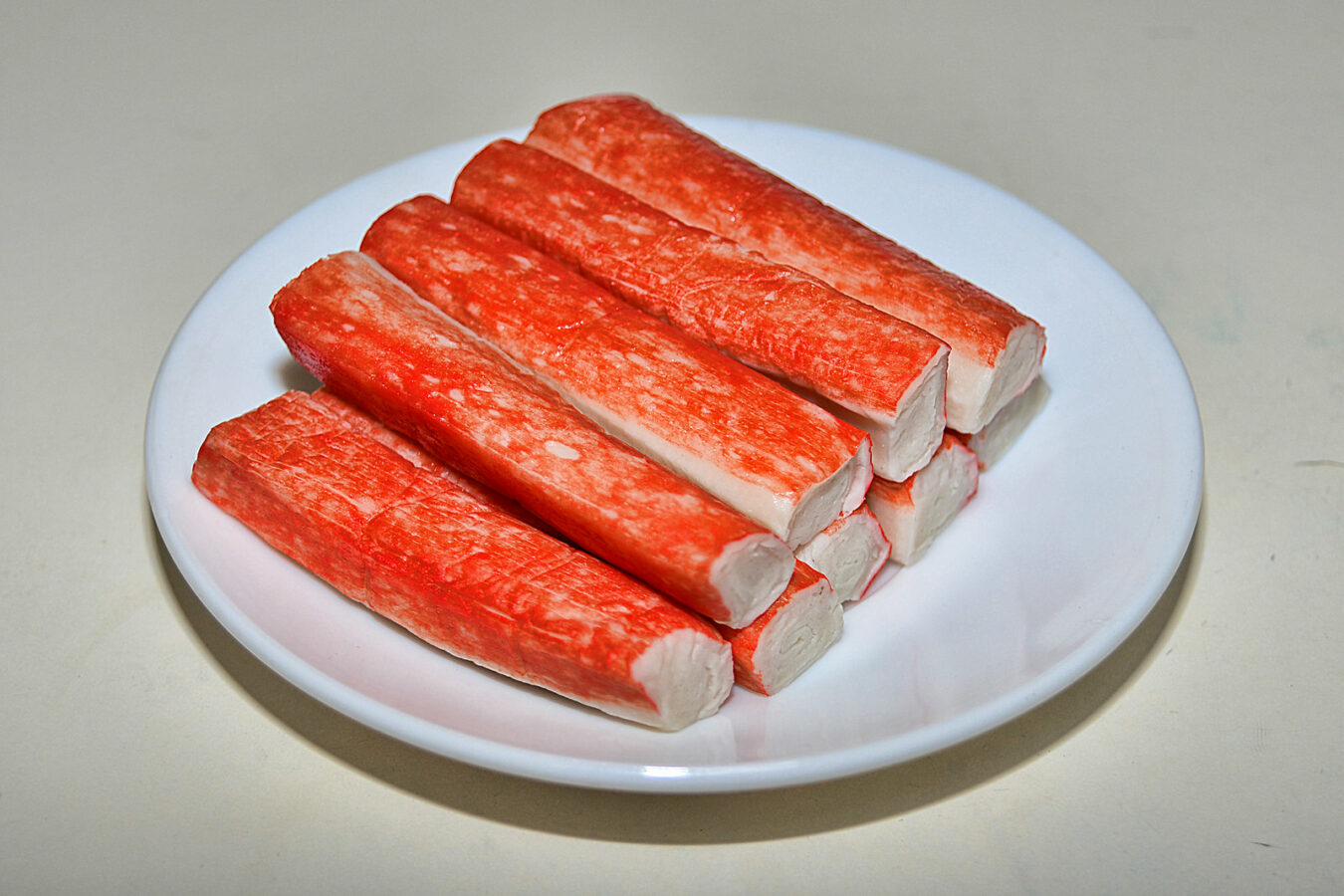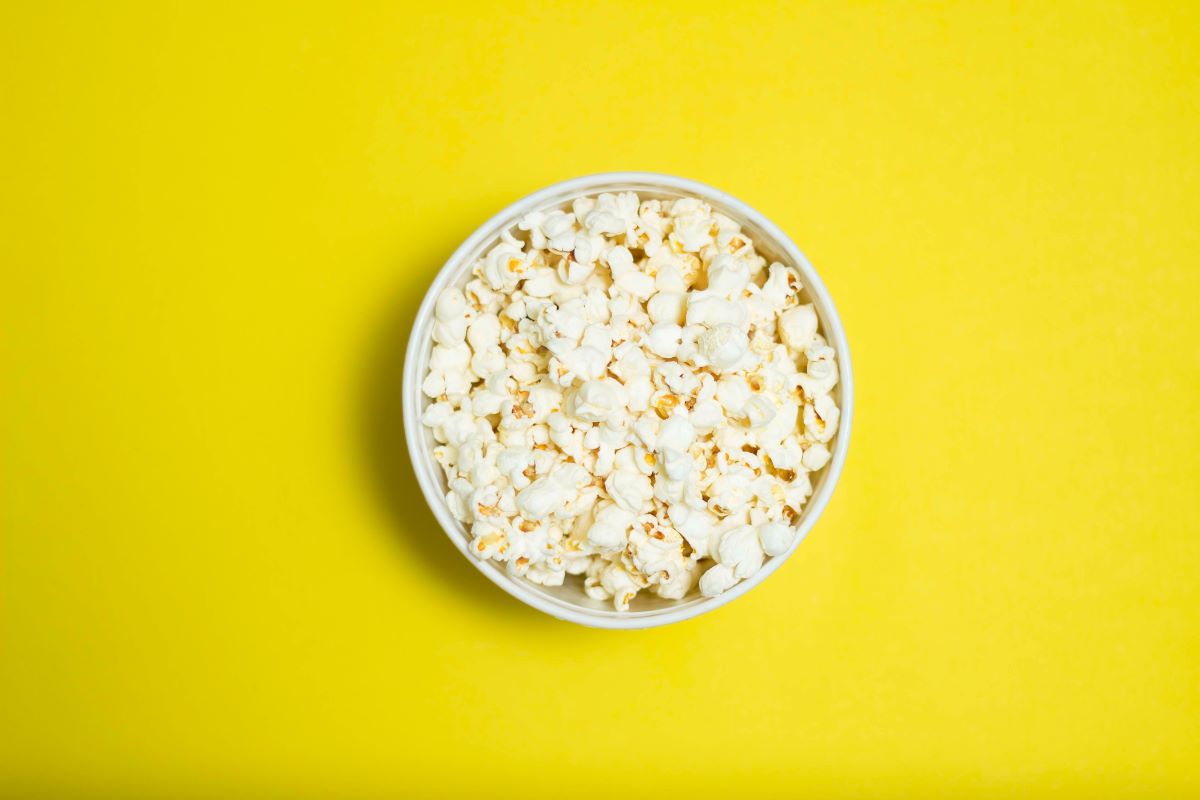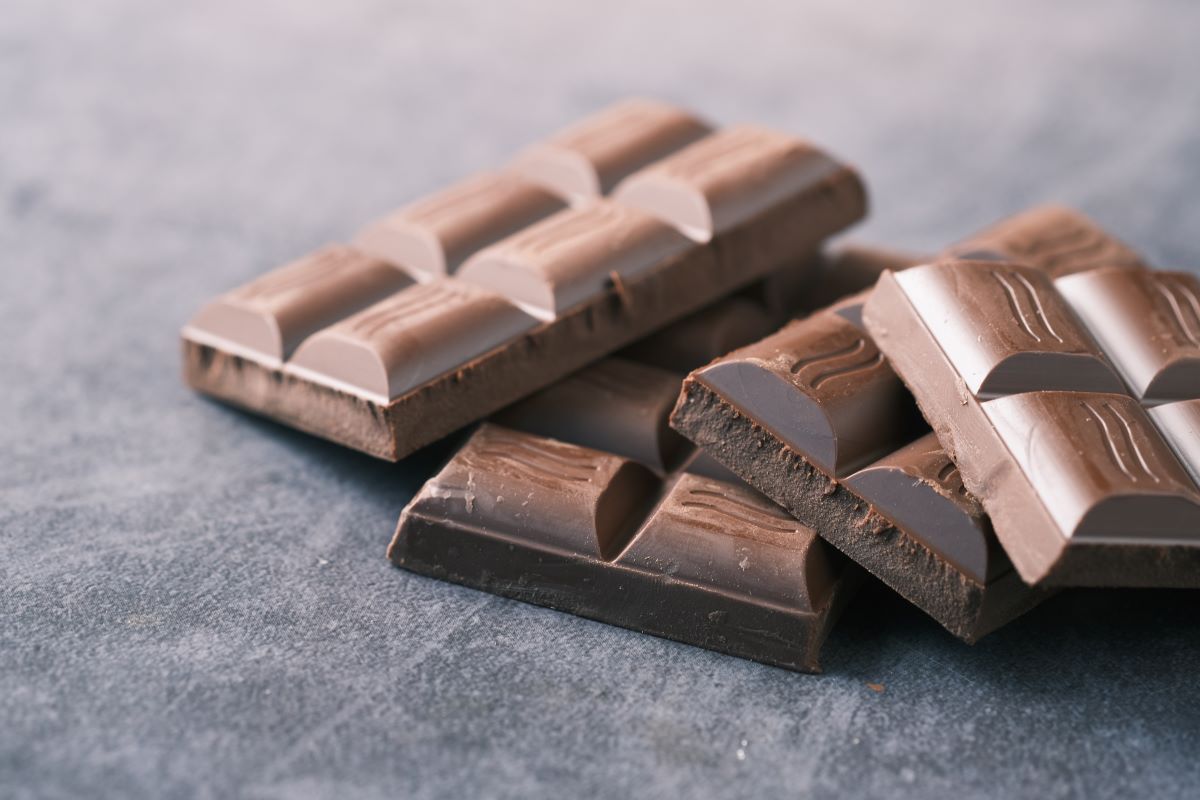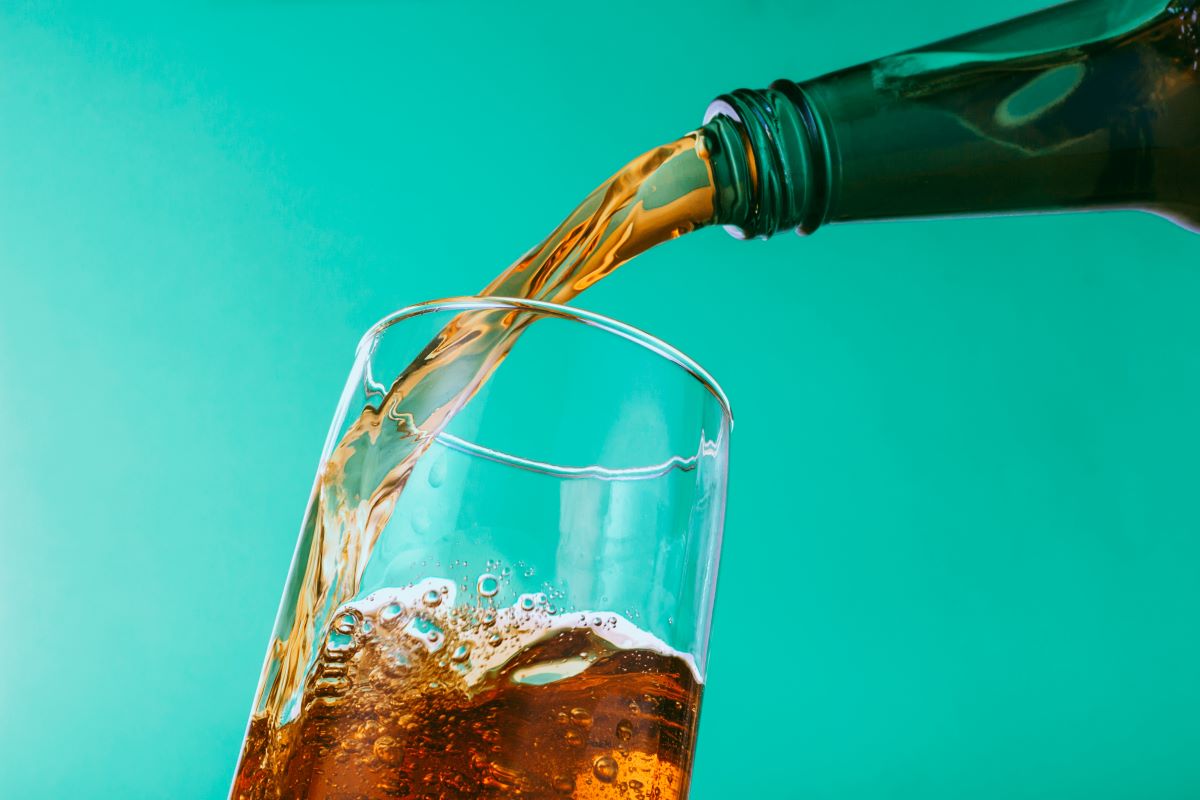Table of Contents
If you’re a fan of bubble tea, commonly known as boba, and are also committed to a vegan diet, you might wonder: is boba vegan? This article sheds light on this popular Taiwanese drink’s ingredients and how they align with a plant-based lifestyle.
Is Boba Vegan?
The short answer to the question is: sometimes. Traditional bubble tea contains tea and milk, often cow’s milk, which isn’t vegan. However, many boba shops now offer vegan options by substituting animal products like cow’s milk with plant-based alternatives.
Non-Vegan Ingredients or Processes
It’s essential to scrutinize the ingredient list for possible non-vegan ingredients. These can include:
Gelatin: Sometimes used in making fruit jellies or as an additive in certain types of tapioca pearls. Gelatin comes from animals’ bones, skin, tendons, and ligaments.
Honey is a popular sweetener produced by bees and is not considered vegan.
White Sugar: Often bleached using bone char, derived from animal bones.
In addition, the manufacturing process may sometimes use animal testing or other practices that do not align with vegan principles of avoiding cruelty to animals.
Controversies or Gray Areas within the Vegan Community
While boba can be made vegan-friendly, some gray areas are subject to debate within the vegan community:
Environmental Impact: The popularity of boba, especially in the United States and among Asian Americans, has led to concerns about the environmental impact of sourcing ingredients like cassava and sugar cane, which might not always be sustainable.
Animal-Derived Additives: While tapioca starch and cassava starch are plant-based, some people doubt the manufacturing processes, as they could involve animal-derived ingredients unknowingly.
Sugar Sources: Even plant-based sweeteners like sugar cane and artificial sweeteners can sometimes be subject to animal testing, which raises ethical concerns for some vegans.
By considering these factors, you can make an informed decision the next time you’re at your favorite bubble tea shop. Whether you opt for a fruity drink with fresh fruits or a more traditional tapioca milk tea, vegan boba options are available. So go ahead and enjoy your vegan bubble tea without any doubt!
Types of Boba
Boba comes in various types and flavors. The base is usually vegan, From green to oolong and black tea. Tapioca pearls, boba pearls, or tapioca balls are another common ingredient made from cassava root and are generally considered vegan.
However, veganism hits a snag regarding milk tea or pearl milk tea. Traditional milk teas use cow’s milk or even cream, which vegans avoid. But the good news is that plant-based milk options like soy, almond, and coconut can be used as substitutes for plant-based milk tea.
Vegan-Friendly Alternatives and Variations
As the demand for plant-based foods and drinks continues to rise, more boba shops offer vegan-friendly options. Gone are the days when milk tea could only mean dairy milk. These shops now provide plant-based milk options such as soy, almond, and coconut milk as substitutes, making it easier than ever to enjoy vegan boba.
Store-Bought Alternatives
If you prefer to enjoy your boba at home, several store-bought options are vegan-friendly:
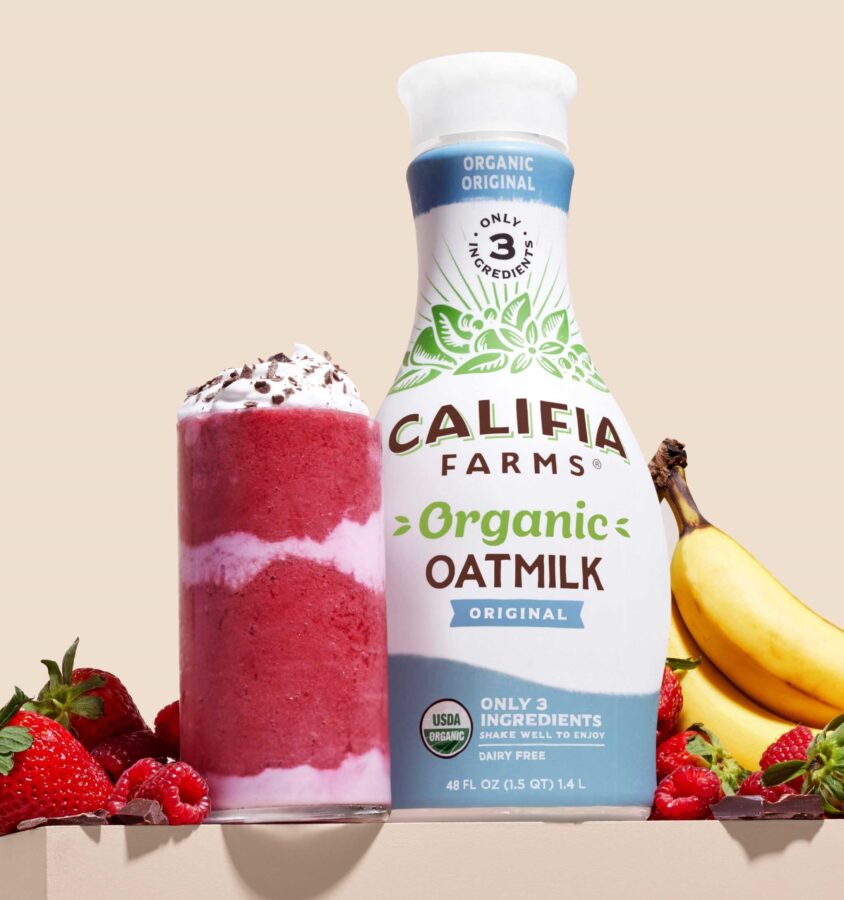
Califia Farms
Califia Farms offers a plant-based alternative to traditional milk teas is a mixture of tea and almond milk.
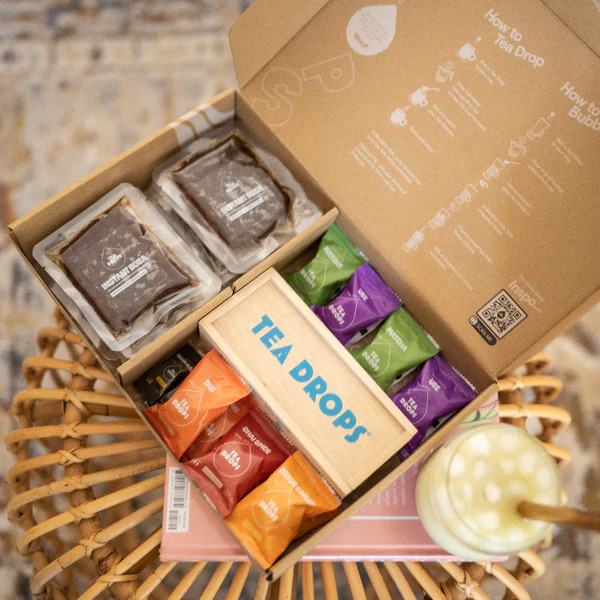
Tea Drops
Tea Drops offers a range of vegan teas mixed with plant-based milk to create your boba at home.
Vegan Boba Company
As the name suggests, Vegan Boba Company specializes in vegan boba pearls. The tapioca pearls are free from gelatin and other animal-derived ingredients.
Organic Gemini
Offers a product called “Vegan Boba,” made from cassava root, which is both vegan and organic.
Tips for Identifying Vegan-Friendly Options
When you’re at a bubble tea shop or even browsing through an online menu, here are some tips to keep in mind to ensure your boba is vegan:
Ask for Plant-Based Milk: This is the most straightforward substitution. Most shops offer plant-based options like soy, almond, or coconut milk.
Check the Sweeteners: While sugar syrup or brown sugar are common ingredients, some shops might offer honey as a default sweetener. Always make sure to specify your preferred plant-based sweetener.
Inquire About Toppings: While tapioca pearls are generally vegan, other popular toppings like lychee jelly, rainbow jelly, and fruit jellies might contain gelatin. Always ask to make sure.
Read the Ingredient List: If purchasing a store-bought boba or making one from a mix at home, always read the ingredient list to look for non-vegan ingredients like gelatin or honey.
Check for Natural Flavors: These can be derived from animals. When in doubt, ask the shop or check the website.
Watch for Sugar Types: If you’re strict about avoiding sugar bleached with bone char, it may be best to ask the shop what type of sugar they use.
By keeping these tips in mind, you can enjoy a cup of boba that aligns with your vegan principles. Whether you like a classic black tea base or prefer a fruity green tea, you can relish your boba guilt-free!
Homemade Versions
If you prefer to take matters into your own hands and make your bubble tea at home, you’re in luck. The possibilities for customization are endless, especially regarding ingredient swaps.
Ingredient Swaps
Here are some vegan-friendly ingredients you can swap into your homemade boba recipes:
Milk: Use plant-based kinds of milk like soy, almond, or coconut milk instead of cow’s milk.
Sweeteners: Instead of honey, you can use sugar cane, brown sugar, or artificial sweeteners not tested on animals.
Tapioca Pearls: Most tapioca pearls are vegan as they are made from cassava starch. However, double-check the ingredient list to ensure they don’t contain animal-derived ingredients like gelatin.
Toppings: Swap out non-vegan jellies containing gelatin with vegan-friendly options like agar agar-based jellies, or go for toppings like grass jelly and fresh fruits.
Teas: Stick to basic black, green, or oolong teas. Some specialty flavors might use non-vegan ingredients or additives.
How to Use Vegan Alternatives in Recipes
Using vegan alternatives in your boba recipes is as simple as rewarding. Here’s how you can do it:
Choose Your Base: Whether you like the robust flavor of black tea, the subtlety of green tea, or the uniqueness of oolong tea, begin by brewing your tea.
Add Your Milk: Add your plant-based milk once the tea is brewed and has cooled down. If you like your milk tea creamy, opt for coconut milk. For a lighter option, almond milk works well.
Sweeten It: Add your plant-based sweetener to the tea while still warm. This ensures better dissolution. Brown sugar and sugar cane are great natural options.
Prepare the Pearls: Boil your vegan boba tapioca pearls in water and some brown sugar to give them that characteristic sweetness.
Choose Vegan Toppings: If you like to add more than just tapioca to your bubble tea, consider vegan-friendly toppings like grass jelly, agar agar-based jellies, or even small cubes of fresh fruits like mango or lychee.
Mix and Serve: Once all your ingredients are prepared, add them to a cup and give it a good stir. Add ice if you prefer it chilled.
By following these steps and making mindful ingredient swaps, you can easily prepare a delicious cup of vegan boba that satisfies your taste buds and dietary choices. Enjoy your homemade vegan bubble tea!
How Boba is Made
Understanding how boba is made can help you make more informed choices, particularly if you want to stick to a vegan or plant-based diet. The process is fascinating, combining traditional Taiwanese techniques with modern-day twists.
Primary Ingredients
The basic ingredients for making boba, also known as bubble tea or pearl milk tea, are quite simple:
Tea: The foundational element, usually black tea, green tea, or oolong tea.
Tapioca Pearls: Made from tapioca starch, these pearls provide the “boba” in bubble tea.
Milk or Milk Substitute: Adds creaminess to the drink; cow’s milk is the traditional choice but plant-based options are available.
Sweeteners: Sugar, honey, or other sweetening agents to taste.
Secondary Ingredients/Additives
Besides the main components, boba can have various other ingredients or additives to enhance flavor and texture:
Ice: Often added to make the tea cold.
Flavorings: Artificial or natural flavors like fruit juices or syrups.
Toppings: Choices range from non-vegan gelatin-based jellies to vegan alternatives like grass or lychee jelly.
Sourcing and Ethical Considerations
When considering the ethics of boba consumption, it’s crucial to look at sourcing and manufacturing processes.
Environmental Impact
The growing popularity of bubble tea has raised environmental concerns, particularly with single-use plastics in bubble tea shops. The cups, straws, and even packaging for tapioca pearls contribute to plastic waste. Some boba shops are mitigating this by offering reusable cups and straws.
Ethical Impact
Ingredients like tapioca pearls and teas often come from parts of the world where agricultural practices can be exploitative. As with many food products, the supply chain may involve unfair ethical labor practices or environmental degradation, issues often overshadowed by the beverage’s popularity.
Labor Practices
The labor involved in sourcing tapioca from the cassava plant and the tea leaves for the brew is often subjected to scrutiny. Unfair wages and poor working conditions are concerns. Some companies are taking steps to source their ingredients more ethically, opting for Fair Trade teas and sustainably harvested tapioca.
Knowing how boba is made and the ethical considerations that come with it can empower you to make choices that align with your values, whether they pertain to veganism, the environment, or fair labor practices.
FAQ
Questions about boba often center around its ingredients and the possibility of making this popular Taiwanese drink at home. Here are some quick answers to these common queries.
Does boba have dairy?
Traditional boba usually contains cow’s milk, but many bubble tea shops now offer plant-based milk alternatives to make the drink suitable for vegans.
Can I make boba at home?
Yes, you can make boba at home. All you need are basic ingredients like tea, tapioca pearls, and your choice of milk and sweeteners.
Are the tapioca pearls in boba vegan?
Yes, the tapioca pearls in boba are vegan. They are made from tapioca starch, extracted from the cassava root, a plant-based source.
Does boba have dairy?
Traditional boba usually contains cow’s milk, but many bubble tea shops now offer plant-based milk alternatives to make the drink suitable for vegans.
Can I make boba at home?
Yes, you can make boba at home. All you need are basic ingredients like tea, tapioca pearls, and your choice of milk and sweeteners.
Are the tapioca pearls in boba vegan?
Yes, the tapioca pearls in boba are vegan. They are made from tapioca starch, extracted from the cassava root, a plant-based source.
